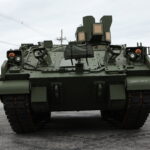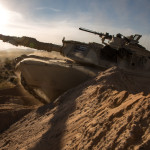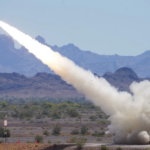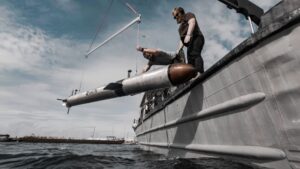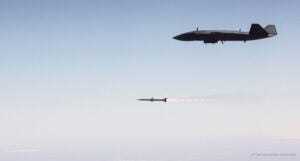
The Army’s top acquisition official told a House panel on Thursday the service has received interest from at least 11 companies regarding the restarted Optionally Manned Fighting Vehicle (OMFV) competition, and he believes the original group of competitors will look to participate again as well. Bruce Jette, the senior acquisition executive, told lawmakers on the House tactical air and land forces subcommittee he believes removing the requirement to deliver physical bid samples for the new Bradley replacement prototype search will…

 By
By 
